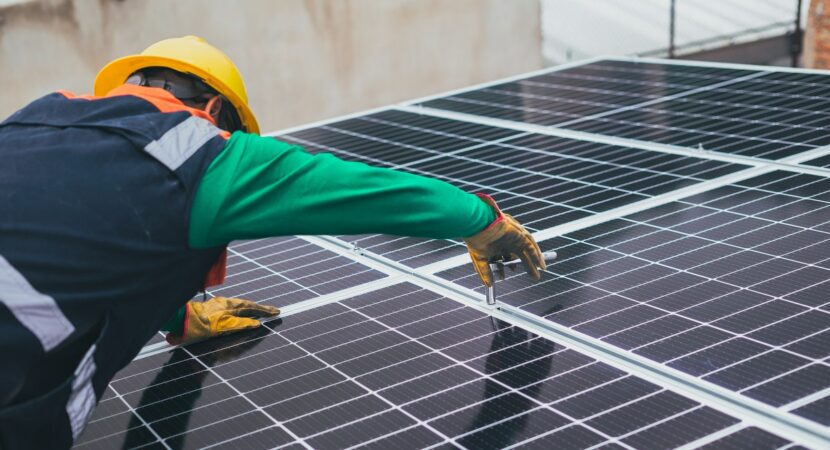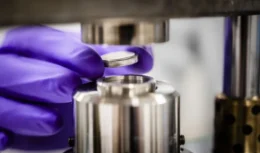
Data from Rystad Energy indicate that approximately 550 tons of solar energy panels could be discarded in Brazil by 2050
The demand for components coming from the recycling of power generation solar panels the energy could expand in the coming years, as the number of installations increases and the threat of a supply bottleneck approaches, according to data from the Canal Solar website based on information from Rystad Energy.
Analysis by Rystad Energy, an independent energy and business intelligence research company with offices in Oslo, London, New York, Houston, Aberdeen, Stavanger, Moscow, Rio de Janeiro, Singapore, Bangalore, Tokyo, Sydney and Dubai, showed that recyclable materials from solar energy panels, at the end of their useful life, will be worth more than US$ 2,7 billion in 2030 compared to US$ 170 million this year.
The trend to recycle solar power generation panels, according to Rystad Energy, will only accelerate in the coming decades and the price of such materials is expected to approach $80 billion by 2050.
“The recycling of painéis solares It's still in its infancy, but it's seen as a key element of the energy transition, with solar waste projected to grow to 27 million tonnes per year by 2040," said Rystad Energy's research.
Recycled materials from solar power generation panels may represent investments in the sector
Rystad Energy further predicts that recycled materials from solar energy panels could represent 6% of solar energy investments by the year 2040, compared to just 0,08% today.
Rystad Energy's research further indicated that landfills are a practical and cost-effective option, as current resale prices for recycled photovoltaic materials do not offset the costs of transport, sorting and processing.
However, Rystad Energy said the rapid growth rate of large-scale utility farms within solar could change that fact.
The hope is that the recyclables supply side of solar panels will encounter bottlenecks with the growing demand for minerals, with recycling being a relief in supply as solar energy panels reach the final stage of their useful life.
“Rising energy costs, recycling Improved technology and government regulations could pave the way for a market where more defunct slabs are sent for recycling rather than the nearest landfill,” commented Kristin Stuge, analyst at Rystad Energy.
Recycled components in solar panels
The components of solar panels that have the greatest value for recycling are aluminum, silver, copper and polysilicon. Silver represents approximately 0,05% of the total weight, but represents 14% of the value of the material.
Rystad Energy's 1,6°C stage forecasts a peak solar installations in 2035 of approximately 1,4 TW. At this point, they indicated that the solar panel recycling sector can provide enough 8% of the polysilicon, 11% of the aluminum, 2% of the copper and 21% of the silver for the recycling of the panels installed in 2020, in order to meet the demand for materials.
Recycling process of materials removed from solar panels
The first phase for solar panel recycling is disassembly, where the aluminum frame and junction box are separated from the solar panel, crushed into pieces and sorted by material shortly thereafter.
“There are solar panel dismantling machines on the market today, including one from NPC which is headquartered in Japan. It better and more effectively separates the solar panel parts before grinding the scraps, increasing the recovery rate of the materials,” explained Rystad Energy.












